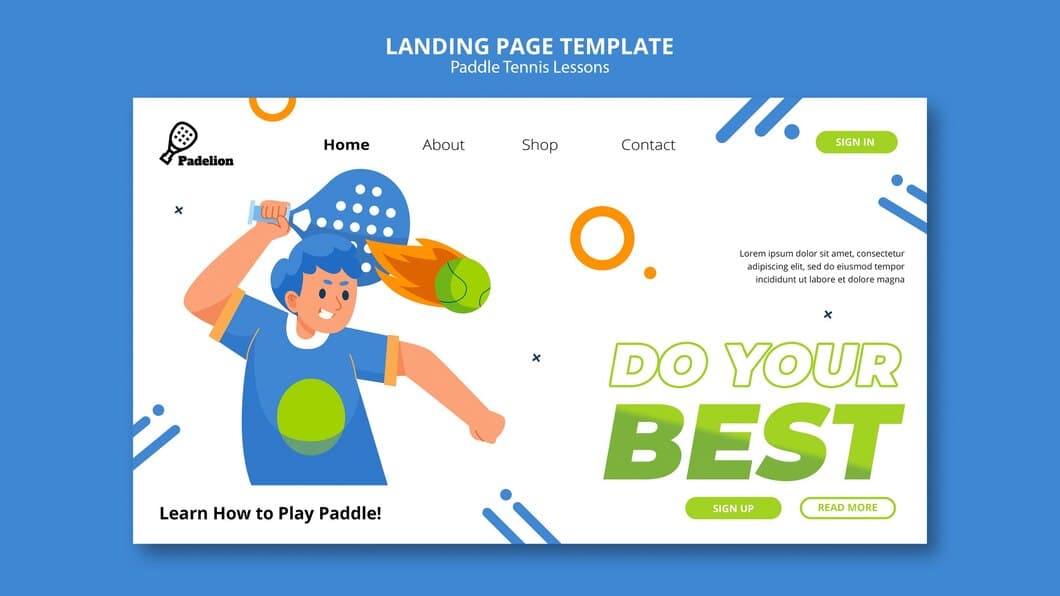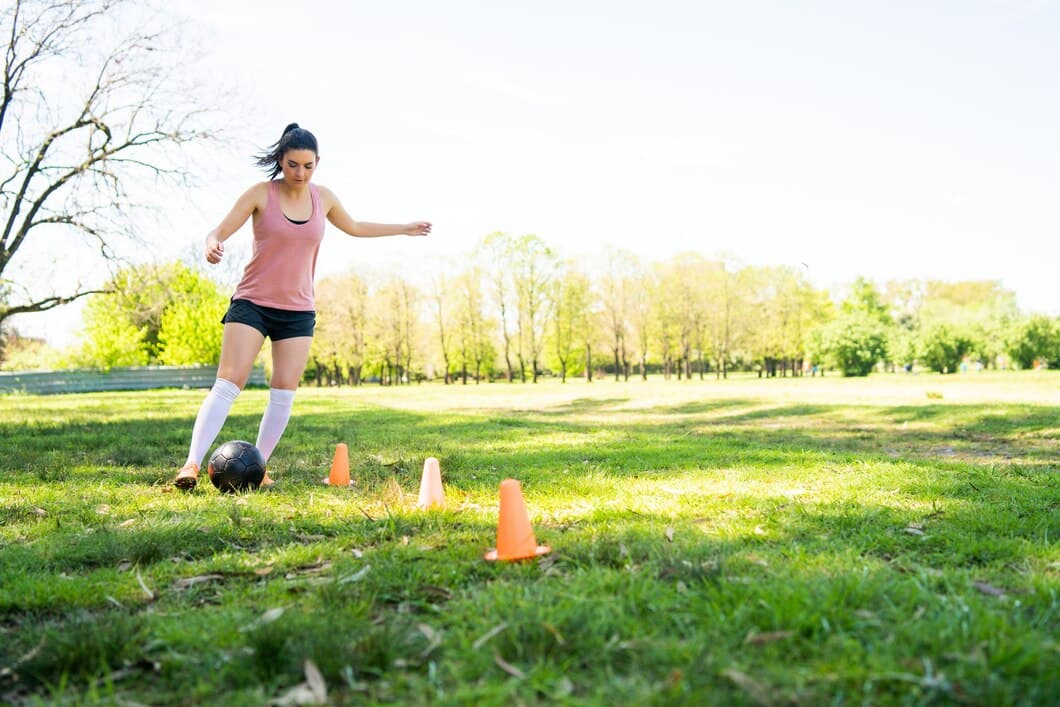* How Long Does It Take To Learn How To Hit A Golf Ball?
-

Golf is a popular sport that can be enjoyed by people of all ages. One of the most important aspects of golf is learning how to hit the ball. This can be a challenging task, but it is one that can be mastered with practice. There are many factors that can affect how long it takes to learn how to hit a golf ball, including the individual's natural ability, the amount of practice time, and the quality of instruction.
Some people may be able to learn the basics of golf in a matter of hours, while others may take weeks or even months. It is important to be patient and persistent when learning how to hit a golf ball. With enough practice, anyone can learn how to hit the ball consistently and accurately.
* Factors that affect the learning curve
The learning curve for golf can vary based on several factors. Natural athleticism, prior experience with similar sports, and the amount of time and effort dedicated to practice can all impact the pace of progress. Additionally, the quality of instruction and the availability of resources can also play a role in shaping the learning experience.
Furthermore, factors such as age, physical limitations, and individual learning styles can influence the rate of skill acquisition. Consistency in practice and a positive mental attitude can also contribute to a more efficient learning process, ultimately affecting the trajectory of improvement.
* Average time it takes to learn the basics
Generally speaking, beginners can master the basic hitting skills in 4 to 8 hours of focused practice. These skills include the correct stance, grip, and swing technique. However, it's important to note that individual progress may vary, and consistently practicing the correct techniques is crucial for improvement.
Once the basics are grasped, developing consistency and accuracy takes more time and effort. Regular practice and personalized instruction can help golfers refine their swing and improve their overall game.
Golfers can expect to spend between 10 and 20 hours practicing before they feel comfortable on the course and can play a full round without feeling overwhelmed. Of course, becoming a proficient golfer requires ongoing practice and dedication.
It's worth noting that factors like natural athletic ability, practice frequency, and the quality of instruction can influence the time it takes to learn the basics of golf. Patience, perseverance, and a genuine passion for the game are essential for making progress.
* How to speed up the learning process
When learning how to hit a golf ball, it's important to stay focused and motivated. One of the best ways to do this is to set realistic goals for yourself. Don't try to become a pro overnight. Instead, focus on making small improvements each day. As you progress, you'll naturally start to hit the ball better.
Another way to speed up the learning process is to get feedback from a qualified instructor. A good instructor can help you identify areas where you need improvement and provide you with personalized guidance. If you're serious about learning how to hit a golf ball, investing in a few lessons is a great way to accelerate your progress.
* Tips for beginners

For beginners, it is important to start with the basics. This includes understanding the fundamentals of the golf swing, such as the grip, stance, and swing path. Once you have a solid understanding of the basics, you can start to practice your swing. It is important to be patient and consistent with your practice. With time and effort, you will start to see improvement in your swing and your ability to hit the ball.
One of the most important things for beginners to remember is to keep their head down during the swing. This will help you to maintain your balance and swing the club properly. It is also important to keep your eyes on the ball throughout the swing. This will help you to focus on the target and hit the ball squarely.
Another important tip for beginners is to use a tee when hitting the ball. This will help you to get the ball up in the air and make it easier to hit. As you become more comfortable with your swing, you can start to hit the ball off the ground without a tee.
Finally, it is important to have fun when you are learning to play golf. If you are not enjoying yourself, you are less likely to stick with it and improve your game. So relax, have fun, and enjoy the challenge of learning to play golf.
* Common mistakes to avoid

* Practice drills to improve your swing
The more you practice, the better you will become at hitting a golf ball. Consistent practice is the key to improving your swing and becoming a better golfer. There are many different practice drills that you can use to improve your swing, and the best one for you will depend on your individual needs.
One of the most important things to focus on when practicing your swing is your grip. Your grip should be comfortable and secure, and it should allow you to swing the club smoothly and consistently. There are many different ways to grip a golf club, so it is important to experiment with different grips until you find one that feels comfortable for you.
Another important thing to focus on when practicing your swing is your stance. Your stance should be balanced and stable, and it should allow you to swing the club freely. There are many different ways to stand when hitting a golf ball, so it is important to experiment with different stances until you find one that feels comfortable for you.
* The importance of consistency
Consistency is key in golf. The more consistently you can hit the ball, the more accurate and powerful your shots will be. This is especially important for beginners, as it will help you to develop a good swing and build a solid foundation for your game.
There are a few key things that you can do to improve your consistency. First, make sure that you have a good grip on the club. Your hands should be placed on the club in a way that feels comfortable and natural. You should also make sure that your stance is balanced and that your feet are shoulder-width apart.
Next, focus on your swing. Make sure that you are swinging the club smoothly and evenly. Avoid making any sudden or jerky movements. The more consistent your swing is, the more consistent your shots will be.
Finally, practice regularly. The more you practice, the better you will become at hitting the ball consistently. Try to practice at least once a week, and make sure to focus on your consistency.
* Setting realistic goals
Setting realistic goals is key to learning how to hit a golf ball. Start with small, achievable goals, such as making contact with the ball or hitting it a short distance.
As you improve, gradually increase the difficulty of your goals. This will help you stay motivated and avoid getting discouraged. Remember, learning how to hit a golf ball takes time and practice.
* Enjoying the game
Golf is a game of patience, skill, and most importantly, enjoyment. While it may take some time to master the basics, the journey is well worth it. As you progress, you'll experience the satisfaction of hitting the ball well and seeing it soar through the air.
Remember, golf is not just about hitting the ball into the hole. It's about enjoying the outdoors, socializing with friends, and challenging yourself. So, don't get discouraged if you don't see immediate results. Just keep practicing, having fun, and you'll be hitting the ball like a pro in no time.
Frequently Asked Questions
How quickly can I pick up golf?
Learning the basics of golf, like the grip and swing, can take several practice sessions. Being able to hit the ball consistently may take months or even years of practice. You should notice improvements in your swing speed and accuracy after each session, though.
How long will it take to become proficient?
Becoming a proficient golfer requires consistent practice and dedication. Most golfers need several years of regular practice to develop the necessary skills and techniques. Factors like natural ability, the frequency of practice, and the quality of instruction can affect the time it takes to become proficient.
What are some tips for learning faster?
To accelerate your learning, consider taking lessons from a qualified golf instructor. They can provide personalized guidance and correct any technical flaws in your swing. Additionally, practicing regularly and setting realistic goals for improvement can help you progress faster.
What are some common challenges beginners face?
Beginners often struggle with maintaining a consistent swing, hitting the ball accurately, and developing the necessary power. Overcoming these challenges requires patience, practice, and a willingness to learn from mistakes.
Conclusion
In conclusion, learning to hit a golf ball effectively requires patience, practice, and proper instruction. While there is no definitive timeline for mastery, with consistent effort and dedication, golfers can develop a solid foundation and improve their skills over time. It is essential to set realistic expectations, seek guidance from reputable sources, and remain dedicated to the learning process. With perseverance and a positive mindset, golfers can achieve their goals and enjoy the challenges and rewards of this rewarding sport.
However, it's worth noting that individual progress may vary depending on factors such as natural ability, frequency of practice, and the quality of instruction received. Nevertheless, by embracing a growth mindset and continuously striving for improvement, golfers can consistently enhance their skills and maximize their potential on the golf course.